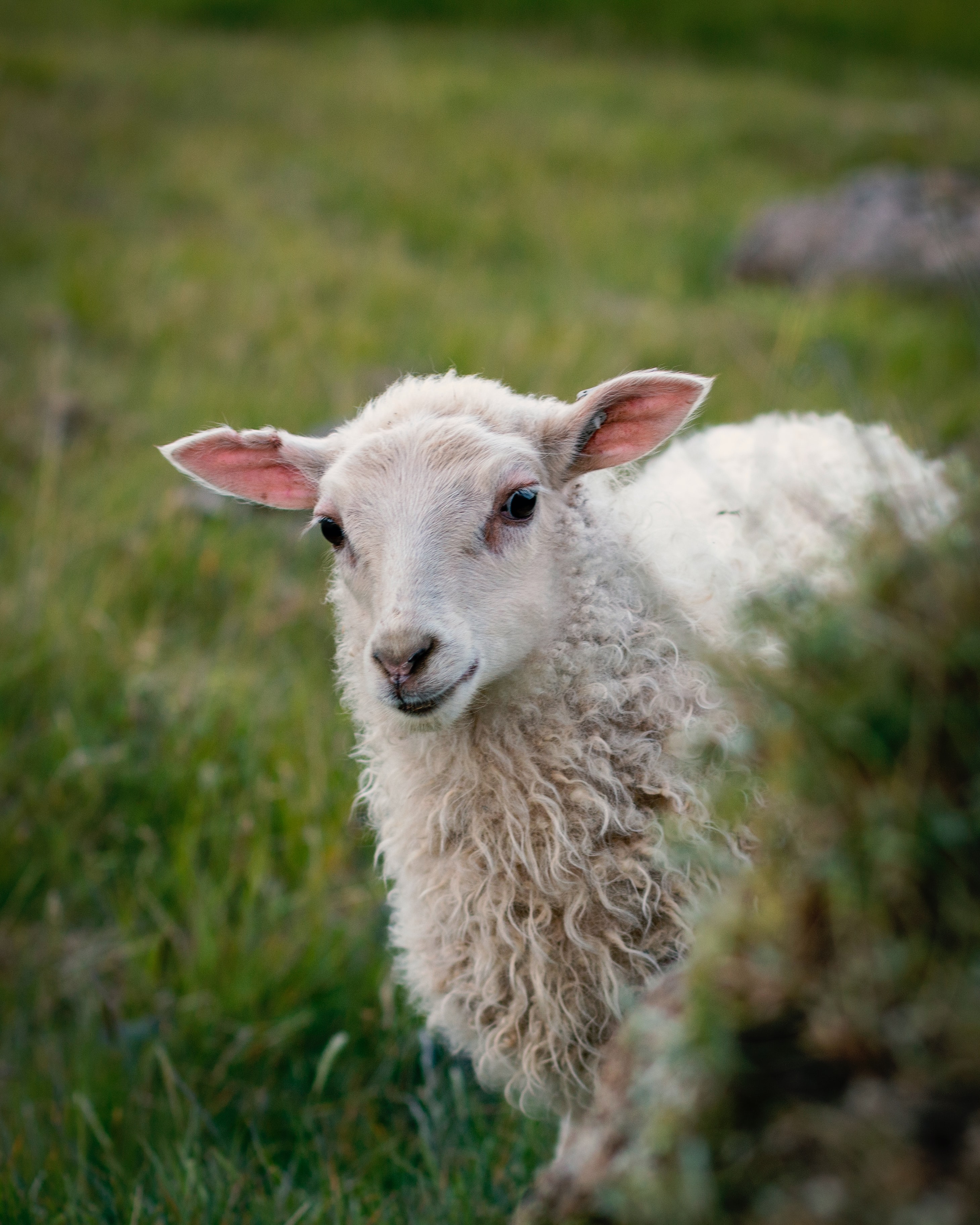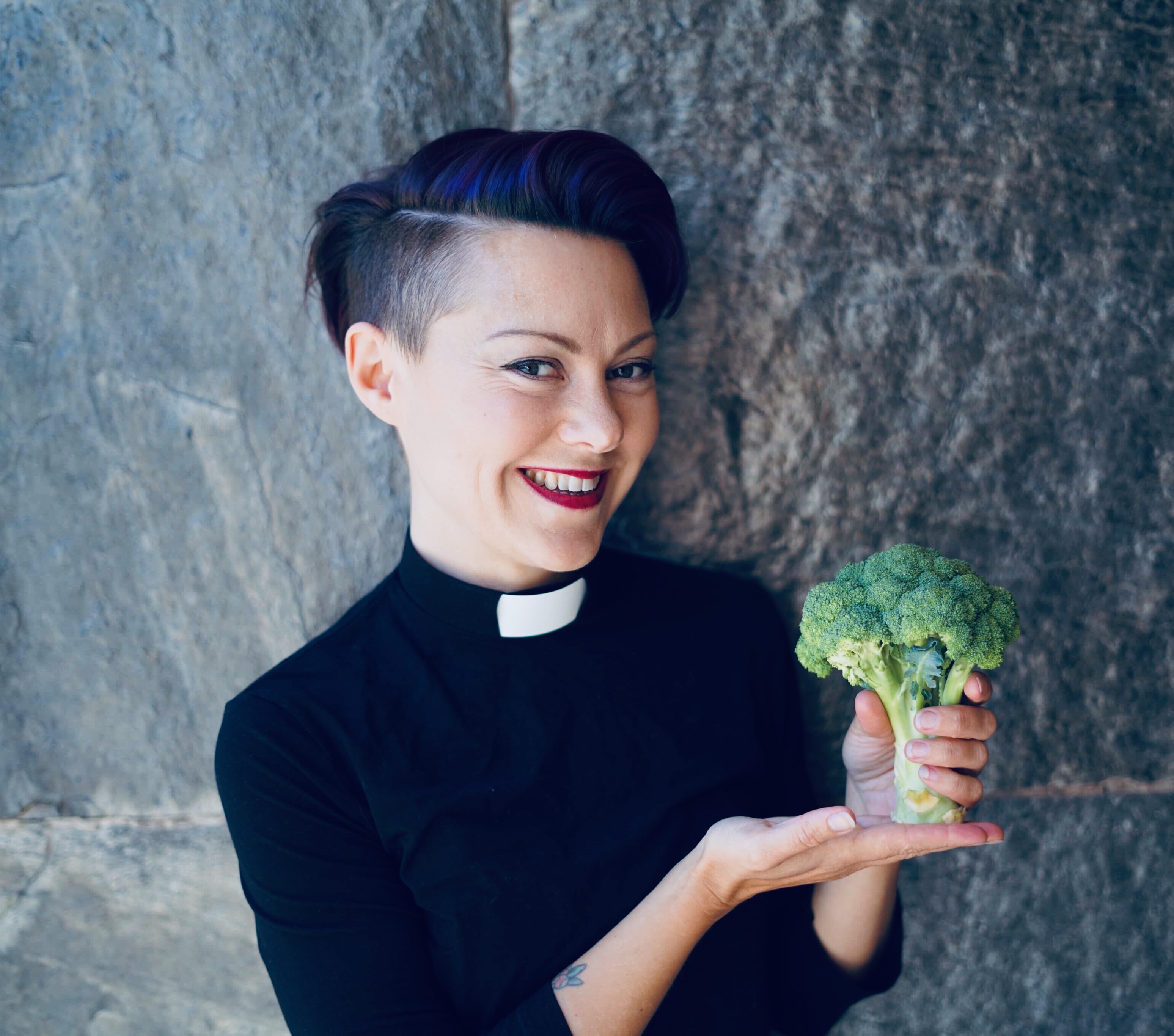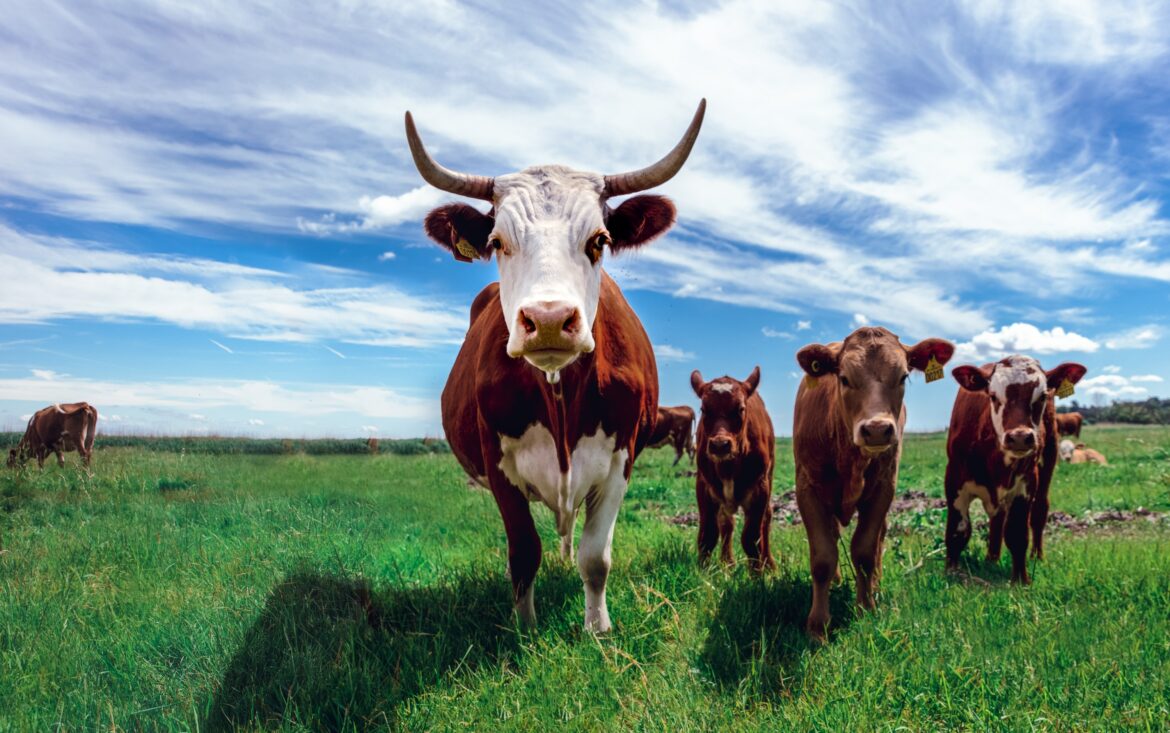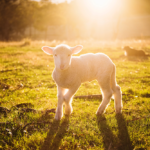The Revd Jennie Högberg, who ministers in Frustuna, Sweden, recalls how her perception of Lent changed over time and why she felt called to explore Christian perceptions of animals during these 40 days.
Since I became a Christian at the age of 24, I have had different take on Lent. Lent is often about fasting and abstinence. Sometime it means fasting from food and drinks, like sugar or alcohol. One year I tried fasting from my smartphone and another year from all digital devices.
 I may have ended up a bit calmer or with more energy but I don’t know if I really had the best intentions behind my actions. I don’t mean that it is a bad idea to abstain from these things but rather I had not currently discovered the true meaning behind Lent.
I may have ended up a bit calmer or with more energy but I don’t know if I really had the best intentions behind my actions. I don’t mean that it is a bad idea to abstain from these things but rather I had not currently discovered the true meaning behind Lent.
When I was studying before ordination I received advice from a pastor which it changed the way I think about Lent. This new lens through which I view Lent makes it both less and more challenging. Instead of trying to live without my phone, I challenge myself in other, tougher ways.
On Ash Wednesday I usually start reading a text which I continue to re-read and meditate on everyday during Lent. For me meditating is about delving deeper and exploring different layers and meanings of the text. I do that best on walks with my friend Sammie the dog. Then I try to apply it to my everyday life and my context and see what happens.
I here quote parts of Isaiah 58:6-12 (NRSV):
Is not this the fast that I choose: to loose the bonds of injustice, to undo the thongs of the yoke, to let the oppressed go free, and to break every yoke? Is it not to share your bread with the hungry, and bring the homeless poor into your house; when you see the naked, to cover them, and not to hide yourself from your own kin? Then your light shall break forth like the dawn…and you shall be like a watered garden, like a spring of water, whose waters never fail.”
Isaiah here speaks against the hypocrisy among religious leaders who prayed and fasted but who, in their communities, excluded and hated others, people whom they refused to understand and care for.
I don’t think that I excluded or hated anyone during my fasts but I didn’t really have others in mind either. I focused purely on getting myself closer to God. True, if I turn towards God there is a good chance that I will have insights that lead me to caring about others, but my initial purpose was really to relieve some of my own anxiety. Early Spring is usually not my best time, after a long period of darkness here in Sweden.
Six years ago this Lenten meditation led me to think about those who we (I) exclude and refuse to understand and rarely think about as morally important. I had just found out that my best friend Sigge, who was a dog, had severe kidney-failure resulting from a disease he was born with. He received advanced care at a veterinary hospital and we gave him everything he needed to live as long as he could. He loved life! During one of our walks, meditating over the text from Isaiah, I started thinking about all the other animals out there that would never live in a home, never get advanced medical care or even have the right to live their lives. The ones kept in cages for fur (similar to Sigge’s fur), the ones we raise for consumption, kept in cramped spaces with no possibility to exhibit their natural behaviours, the ones we use for entertainment or medicinal purposes, the ones kept in laboratories, and stray dogs and cats that suffer. I was overwhelmed by the multitude of ways we torment other animals.
”Is not this the fast that I choose: to loose the bonds of injustice, to undo the thongs of the yoke, to let the oppressed go free, and to break every yoke?”
 In previous years, I had tried to fast from meat, dairy and eggs before but then my primary focus was my own health. I was a vegetarian for quite some time I didn’t really comprehend the massive amount of suffering that humans inflict on other animals (I still find it difficult to comprehend – but I have seen enough to change my life). In fact, despite my health concerns, I started eating meat again because others in my community teased me because of my vegetarianism.
In previous years, I had tried to fast from meat, dairy and eggs before but then my primary focus was my own health. I was a vegetarian for quite some time I didn’t really comprehend the massive amount of suffering that humans inflict on other animals (I still find it difficult to comprehend – but I have seen enough to change my life). In fact, despite my health concerns, I started eating meat again because others in my community teased me because of my vegetarianism.
I was heartbroken and asked myself: how could I have missed this?
I was devastated, but Isaiah’s text told me not to stop there. I needed to act! It is pointless to cry and do nothing about it.
Isaiah’s text redefined fasting for me. The verses put a much more active and positive spin on the nature of fasting. The implication is that loosing the bonds of injustice, letting the oppressed go free, and breaking every yoke are a significant part of fasting. There is no doubt that some of these tasks will require of the doer a personal cost, in effort, time, money, maybe even in reputation. There is self-deprivation there. But the passage also portrays fasting as a positive, active enterprise, not just a negative, passive one. Fasting is an activity that embraces the needs of others. To stop using your smartphone for lent could be a great idea or it could be a great tool for the task.
I needed to do something. I went vegan, not completely during that Lent, but about nine months later both my partner and committed to veganism. Not so that we could tell everyone how good we are, but because this was the first step in trying our best to ”loose the bonds of injustice, to undo the thongs of the yoke, to let the oppressed go free, and to break every yoke” for our fellow creatures… it is an impossible task for one person, but much more likely possible if we come together.

© Kicki Örneving
The Revd Jennie Högberg is priest in the Church of Sweden who serves in the parish of Frustuna, Södermanland.




